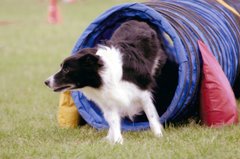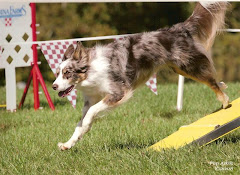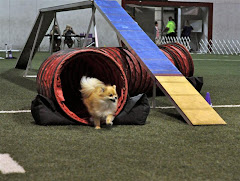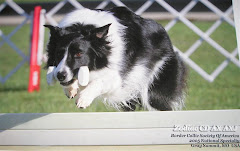This seems like a good place to pick up since I just attended a conference this weekend where I went to a lecture on this particular disease. This can be one of the more confusing infectious diseases that we can vaccinate for, but also carries quite a bit of importance because not only can dogs become sick and die from it, so can people.
First of all, Leptosprirosis is caused by a bacteria, instead of a virus like the other diseases we have discussed so far. And there are multiple strains of the bacteria which add to the complexity of this disease. Leptospira bacteria are shed in the urine of carrier or infected animals with common sources being rats, other rodents and wildlife. Infection occurs when contaminated water, urine or soil comes into contact with abraded skin or the mucus membranes of a susceptible animal or person.
Illness can occur anywhere from 5-14 days after exposure and signs can vary widely as can the course of the illness. Some cases are subclinical and show no signs. Mild cases will show non-specific signs such at fever, soreness, anorexia, vomiting, diarrhea. In more severe cases there can be increased drinking and urination, acute kidney failure and even liver involvement. Treatment is supportive with fluids and symptomatic care and use of penicillin or doxycyline. Dogs that survive the severe form of the disease may have permanent liver or kidney damage.
Suspicion of diagnosis is based on history, possible exposure, clinical signs, and consistent laboratory changes. Antibody titres can also be run, but vaccination can sometimes interfere-depending on how recent vaccination was or how high the the titre is. There are also a few specialized urine tests that can be useful.
Prevention is based on vaccination and limiting exposure. Avoidance of rodents and other wildlife is becoming increasingly difficult as wildlife continues to move into more and more urban areas. Avoidance of standing or stagnant water is important as Lepto is more likely to survive here than in flowing water. It is also more prevalent after rainfull/during wet seasons and in warmer weather. Vaccination is also useful. Although there are multiple strains of the bacteria there have been vaccinations developed against the four most common. It is important to remember that this vaccine is not 100% protective and that your dog can also get infected with a strain not included in the vaccine. The lepto vaccine has often been implicated as the cause of vaccine reactions but this has become less common as vaccine technology has improved. The vaccine is given as an initial series of two and then boostered annually, although dogs at very high risk can be vaccinated every 6 months. The vaccine is known to not have long-lasting immunity. This is considered a non-core vaccine meaning that only "at-risk" dogs should be vaccinated but with the urban wildlife population and given the way people travel with their pets these days, determining which pets are at-risk can be difficult.
If your dog is diagnosed with Leptospirosis it means you could also have been exposed-either from the same source or from directly from your pet. Always contact your physician for advice. Areas in your home that came in contact with urine can be cleaned with a dilute bleach solution and gloves should be worn when handling urine.
The Big Number 3
3 weeks ago


.jpg)
.jpg)



.jpg)



4 comments:
This is especially scary because of what we're currently dealing with. I hate not having definitive answers and often with pets, we don't.
This is the one that scares me! I know we have lepto around here, but I'm not vaccinating my dogs for it.
Misty had the lepto vaccine one year and never was the same dog again. Not sure if the vaccine caused it, but she went on a slow downward spiral for the next two years. Thus, I'm scared to give it to my dogs.
I know there are conflicting opinions about it in my area. My regular vet pushes it, but our rehab vet says she doesn't do lepto vaccines on her own dogs, despite the high risk (she lives on a big farm).
Tough decision on this one for me, as Chewy will pretty much drink/eat anything.
Scary anything that can be transmitted to humans is all that much more scary!
I have vaccinated for lepto but I have not kept it up to date so I don't know if it has done us any good. It's hard to say if we live in a high risk area but we do a lot of hiking and my dog loves to eat mud. :-P I've always been of the opinion that the vaccination will always be better than contracting the disease and I really should be better about this. Thanks for the reminder, and the important information.
Post a Comment